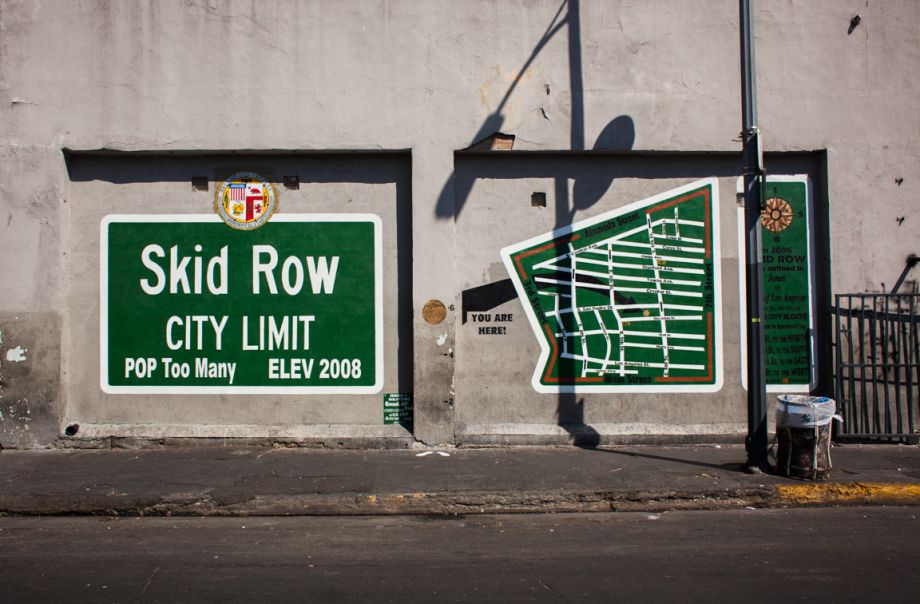A Supreme Court ruling in June and new research released in 2015 are pointing America in a more equitable direction.
On June 25, the U.S. Supreme Court ruled that policies segregating minorities in poor neighborhoods, even if they do so unintentionally, violate the Fair Housing Act (FHA) of 1968. Stemming from a Texas housing discrimination case, the ruling gives activists the legal grounding to challenge discriminatory housing policies.
The FHA ruling came against a backdrop of new research from Harvard University’s Equality of Opportunity Project, led by economist Raj Chetty (who, thanks to this work, has advised both Hillary Clinton and Jeb Bush on economic strategy). The new research is the strongest, most comprehensive evidence yet that place matters — that where one grows up is the most important determinant of one’s future chances of moving upward on the economic ladder.
The combination of the FHA ruling and Chetty’s findings set off tremors among those on the front lines of confronting structural economic violence against people of color in the U.S.
“Both of those things together opened up a big conversation in the housing and community development sector around developing places versus helping people move to places where there is opportunity,” says Paul Weech, president and CEO of NeighborWorks America, a national, congressionally chartered nonprofit and network of more than 240 community development organizations around the country.
In response to those tremors, NeighborWorks is putting the creation of economic opportunity in a yearlong spotlight at its signature community development professional training program, the NeighborWorks Training Institutes.
NeighborWorks is one of the nation’s leading community development training providers. In 2015, they awarded almost 21,000 training certificates to individuals from more than 2,900 organizations across the U.S., in specializations like community and neighborhood revitalization, community economic development, community engagement, homeownership and community lending, and nonprofit management and leadership.
Nearly 3,600 of NeighborWorks certificates were awarded to people who participated in their online training offerings; the lion’s share, however, were awarded to those who attended the weeklong NeighborWorks Training Institutes. They take place quarterly, in rotating cities. Typical attendance is around 2,000 people.
Next year’s series begins in Atlanta, in February, where the specific focus will be on cross-sector collaboration to create economic opportunity. In the one-day symposium that takes place in the middle of every institute, NeighborWorks plans to lead a discussion to explore models connecting housing and community development with investments in education, health and workforce development.
“People interpreted Chetty’s research as saying ‘if we want to make a difference we have to move people out of these poor neighborhoods’,” Weech says. “But what he’s really saying is, what are the elements of places that create opportunity? Things like access to healthcare, education, jobs or the training to get new jobs.”
NeighborWorks also plans to reach out to healthcare and education providers, to share stories and lessons from working with housing and community development organizations.
In May, the discussion will continue in Los Angeles, with an explicit look at race, culture and opportunity. Detroit’s symposium, in August, will bring the discussion back to placemaking, tackling directly the conversation about developing places versus helping people move to places where there is opportunity. It’s a great backdrop for the conversation, Weech says, given all the work that has gone into re-making Detroit as a place of opportunity for all in the last few years.
“I think it’s a positive trend that we’re reinvigorating the dialogue in America about how race matters,” Weech says, “and how we need to take more profound steps to recognize that.”
The Equity Factor is made possible with the support of the Surdna Foundation.

Oscar is Next City's senior economic justice correspondent. He previously served as Next City’s editor from 2018-2019, and was a Next City Equitable Cities Fellow from 2015-2016. Since 2011, Oscar has covered community development finance, community banking, impact investing, economic development, housing and more for media outlets such as Shelterforce, B Magazine, Impact Alpha and Fast Company.
Follow Oscar .(JavaScript must be enabled to view this email address)

















